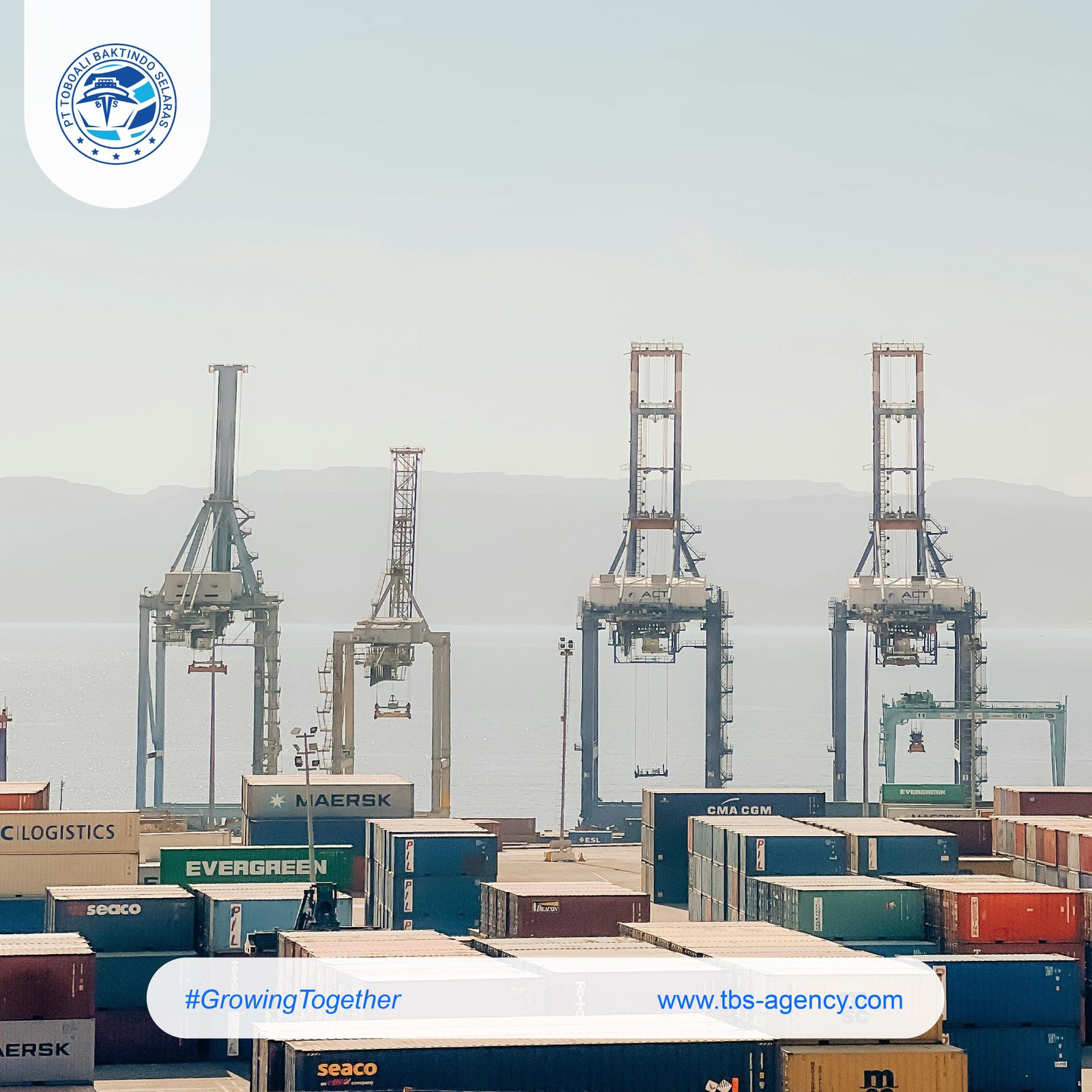
The global shipping industry remains the backbone of international trade, facilitating the movement of over 80% of goods worldwide. While recent headlines focus on disruptions like the Red Sea crisis or port congestion, the bigger picture reveals evolving trends that businesses and professionals should watch closely.
🔍 Key Trends Shaping the Industry
1. Sustainability & Decarbonization – With the IMO’s 2030 and 2050 emissions targets, shipping companies are investing in alternative fuels (LNG, ammonia, methanol) and slow steaming to reduce carbon footprints.
2. Digital Transformation – AI-driven logistics, blockchain for supply chain transparency, and IoT-enabled smart containers are optimizing efficiency and reducing delays.
3. Nearshoring & Supply Chain Diversification – Companies are reevaluating reliance on single trade routes, leading to shifts in manufacturing hubs and regional shipping demand.
4. Fleet Modernization – Older vessels are being phased out in favor of eco-friendly, fuel-efficient ships, reshaping global fleets.
Challenges Ahead
• Geopolitical Tensions (Red Sea disruptions, US-China trade dynamics) continue to impact freight rates and schedules.
• Labor Shortages in ports and a lack of skilled maritime workers pose operational risks.
• Regulatory Pressure – Stricter emissions standards (CII, EEXI) require costly compliance measures.
🌍 Opportunities for Growth
• Green Shipping Corridors – Partnerships between ports to enable zero-emission routes.
• Resilient Supply Chains – Tech-driven logistics solutions help businesses adapt to volatility.
• Emerging Markets – Africa and Southeast Asia are becoming key players in trade expansion.
The shipping industry is at a pivotal moment—balancing efficiency, sustainability, and resilience will define success in the years ahead. How is your business adapting?